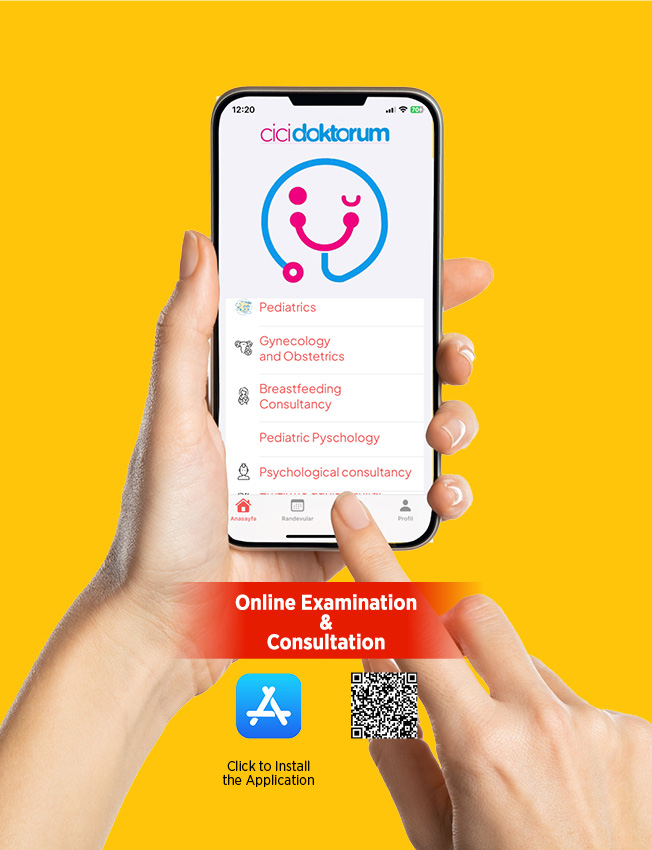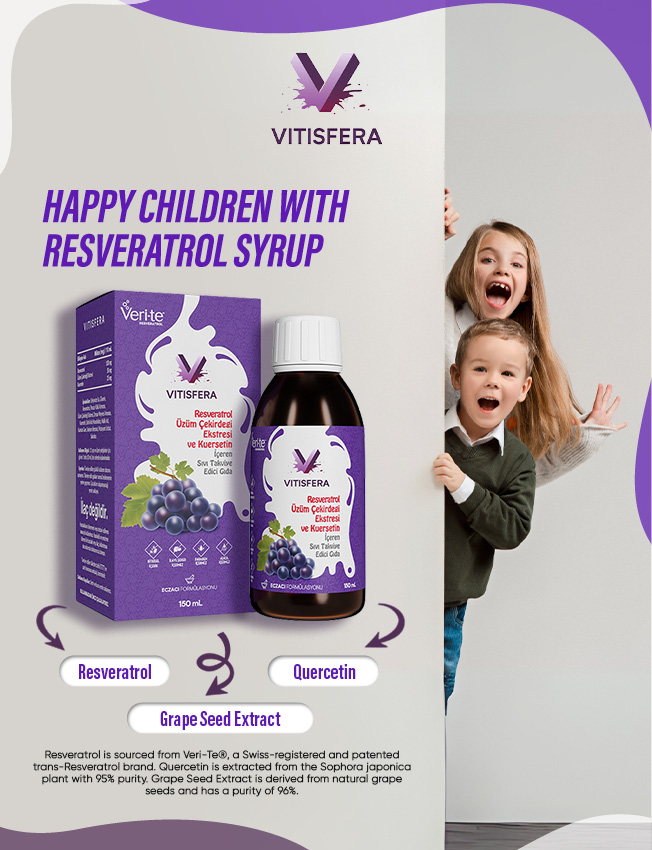How to Respond According to Your Baby’s Personality?

Your baby has a unique character. Discovering this character is crucial for understanding and solving the problems that arise during their developmental stages.
In the previous issue, I shared tips on how to learn about your baby’s character and what to pay attention to in order to recognize it. In this article, you will find some tips and tricks for adapting your parenting techniques to your baby’s specific character traits. Of course, these are just examples, and it’s important to remember that every baby has their own unique personality.
If Your Baby is Very Active:
Active babies love exploring, playing, and sometimes getting into risky areas. Therefore, they need spaces free from potentially dangerous objects. Trying to keep them in one room, in their crib, or a playpen is a big mistake. Instead, let them move around safely within your home. If you live in a small apartment, try finding baby gyms or play centers where they have larger areas to run and play. Once they start standing, they will want to practice it continuously, so it might be easier to change their diaper while they are standing or feed them near a table.
If Your Baby is Very Curious:
If your baby loves to explore and dive into everything, create a safe environment for them to discover. The key is ensuring the space is secure. If there’s nothing harmful around, allow them to roam freely without constantly saying “no.” It’s worth noting that saying “no” to a baby who is focused on mischief may not have much of an impact.
If Your Baby is Determined and Persistent:
This trait becomes more prominent as your baby approaches their first year. If your baby is determined and persistent, they may resist limits on what they can or cannot do. Persistent children don’t give up easily and will likely oppose your rules. You may have to compromise in some areas, but for matters of safety, be firm and consistent with the rules. You’ll likely need to give in often, but redirecting your baby’s attention elsewhere can be helpful, though it may take time.
If Your Baby is Highly Reactive:
Highly reactive babies show strong emotional responses. Don’t match their intensity with your own reactions. If you see your baby getting overwhelmed, try to remain calm and soothing. This is not easy, but at least try to appear calm. Dimming the lights, using calming sounds, and reducing stimulation can help. Sometimes, giving them a bath can also be soothing.
If Your Baby is Unstable:
Babies with irregular routines require more flexibility. Living with a baby who follows a strict schedule is much easier, but those who have inconsistent rhythms need a more adaptable approach. For instance, if your baby has an erratic sleep pattern, put them to bed as soon as they start showing signs of tiredness. But if your baby doesn’t adjust quickly, it may be helpful to observe their sleep cycle for a while. You can also gradually make their feedings and naps more consistent, even if they don’t follow a strict schedule.
If Your Baby is Quiet and Content:
If you’re lucky enough to have a baby who seems happy and content despite the chaos around them, living with them can be a breeze. However, don’t forget to spend quality time with your baby and ensure all their needs are met.
If Your Baby’s Mood is Easily Affected:
Some babies get upset easily when they can’t figure something out or when they face frustration. For babies who are prone to disappointment, mornings are typically their best times. Therefore, schedule important activities in the morning. As the day goes on, their emotional energy can diminish, so avoid overwhelming them with tasks in the afternoon and evening.
If Your Baby is Slow to Adapt:
These babies may take a while to adjust to new foods, changes in their routine, or unfamiliar environments. While this doesn’t mean you can’t introduce new things, it does mean you should give them time to adjust. For instance, when transitioning between activities, give your baby some time. For example, don’t immediately take them from playing in your lap to feeding them in their high chair. Let them play in the kitchen before moving on to mealtime.
If your baby is slow to adjust, it might be best to delay weaning from breastfeeding, transitioning to a bottle before switching to a cup, as this gradual shift will reduce anxiety and ease the process.
If Your Baby’s Attention is Easily Distracted:
Around 4-5 months, babies begin to focus on objects, but some are more easily distracted. You may struggle to keep their attention fixed on something. For babies like this, consider dimming the lights and creating a calm environment during feeding to help them focus on breastfeeding. These babies are usually easily comforted and can be distracted with simple actions, like shaking a key or looking out the window.
If Your Baby is Very Sensitive:
If your baby is very sensitive and has a heightened awareness of their environment, reduce unnecessary stress by providing a soothing environment. For example, if they are sensitive to noise, avoid crowded places like malls or restaurants. Remove any tags that might irritate their clothes, and if they don’t want to wear shoes, don’t force them. This will help prevent overstimulation of their sensitive senses.
Conclusion:
One of the most common reasons for frustration in the parent-child relationship is unrealistic expectations. Rather than viewing your child as a reflection of yourself, try to see them as a unique individual with their own perspective. Don’t try to change your baby’s nature; instead, focus on creating the best environment for them to grow in. By learning to appreciate your baby’s character, you will feel closer to them and have more confidence in your role as a parent. With some trial and error, you will find the best methods to support your baby’s development.









